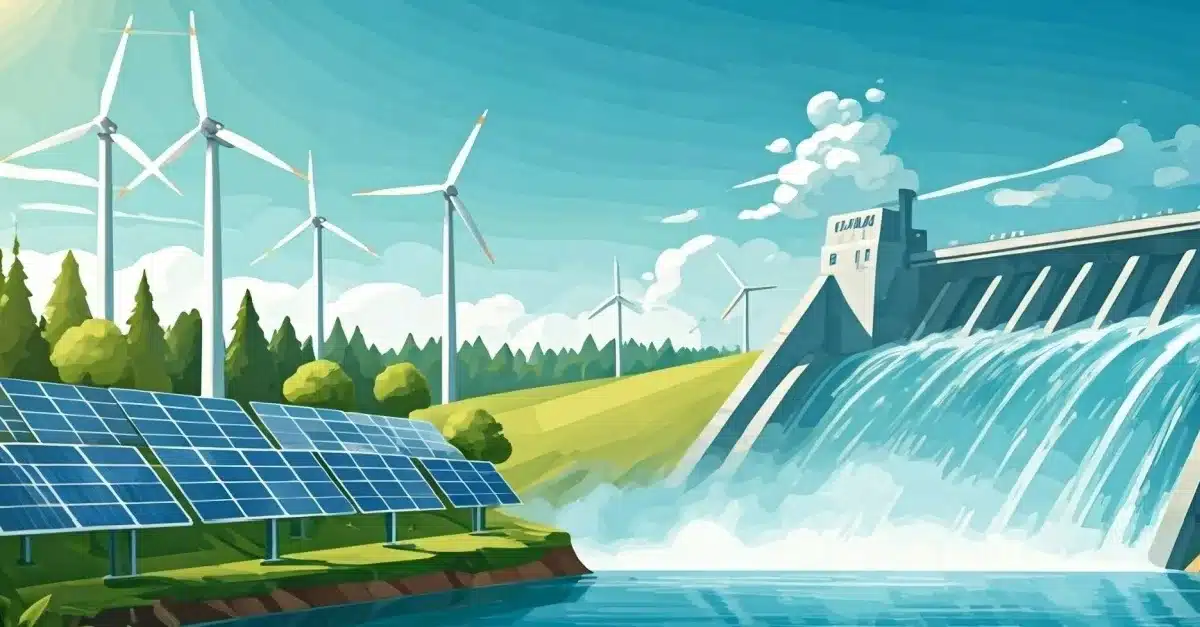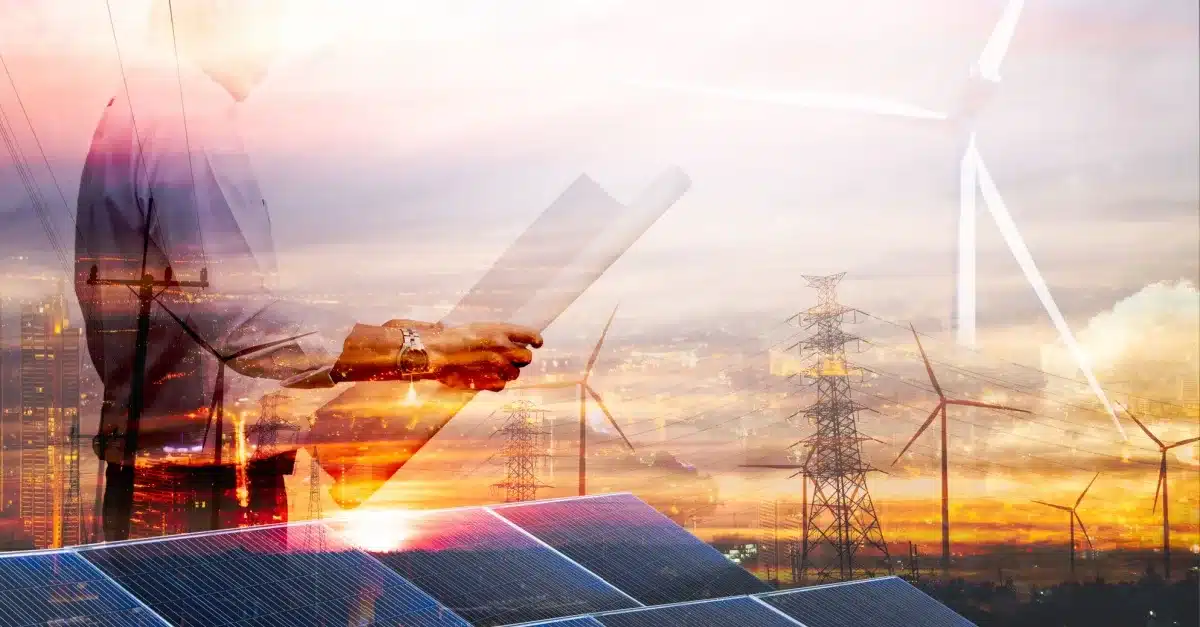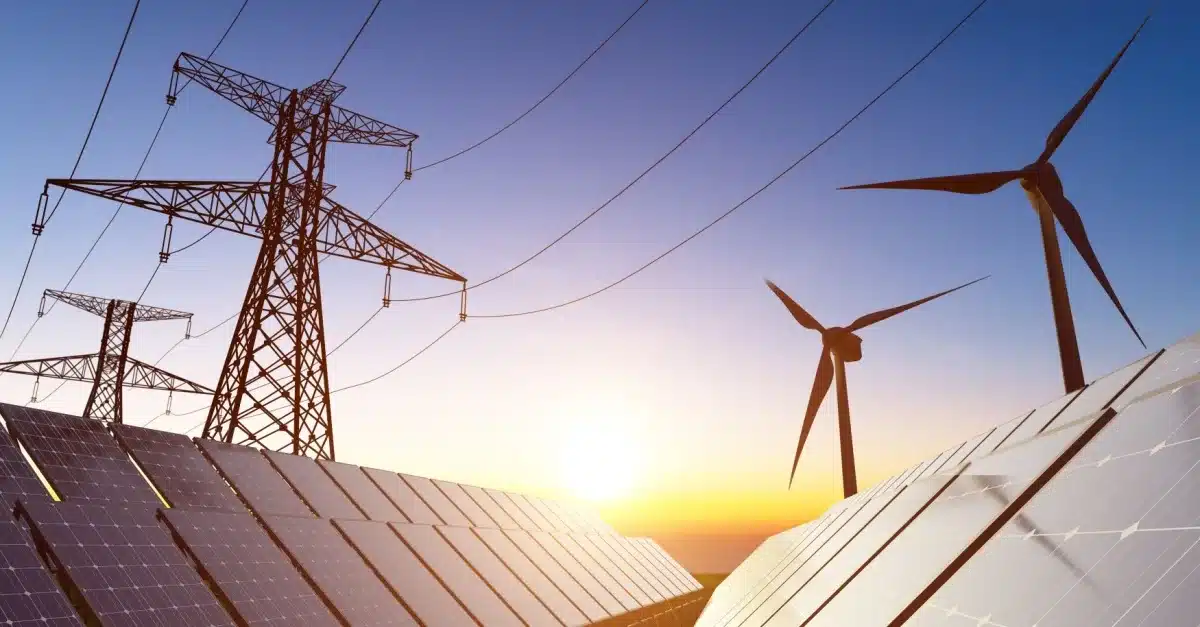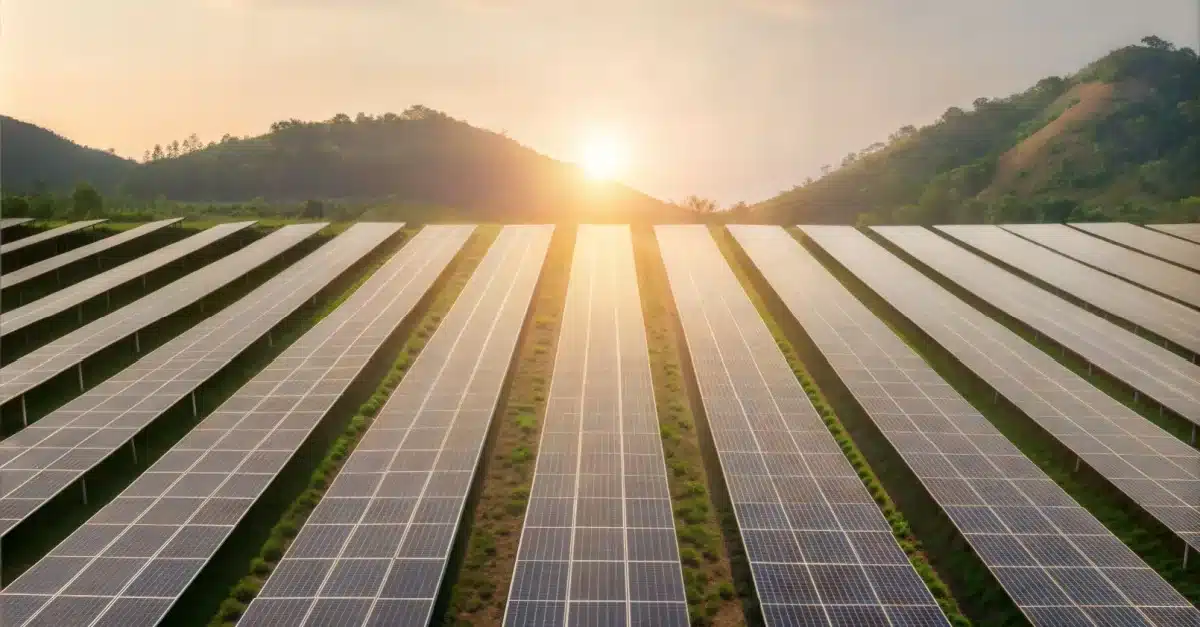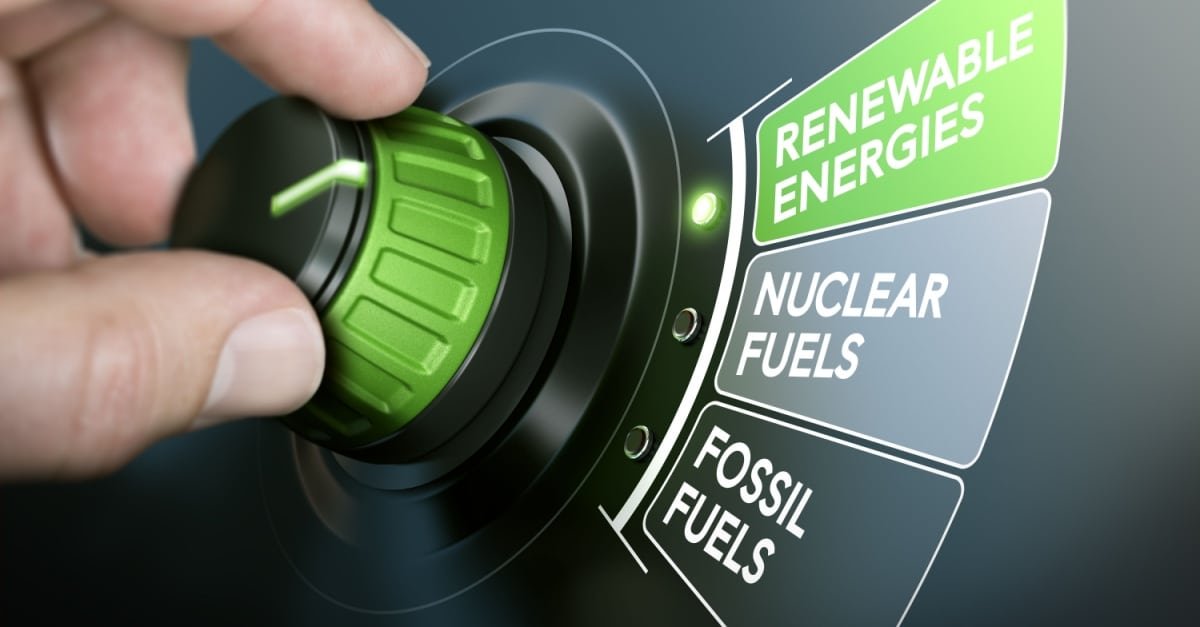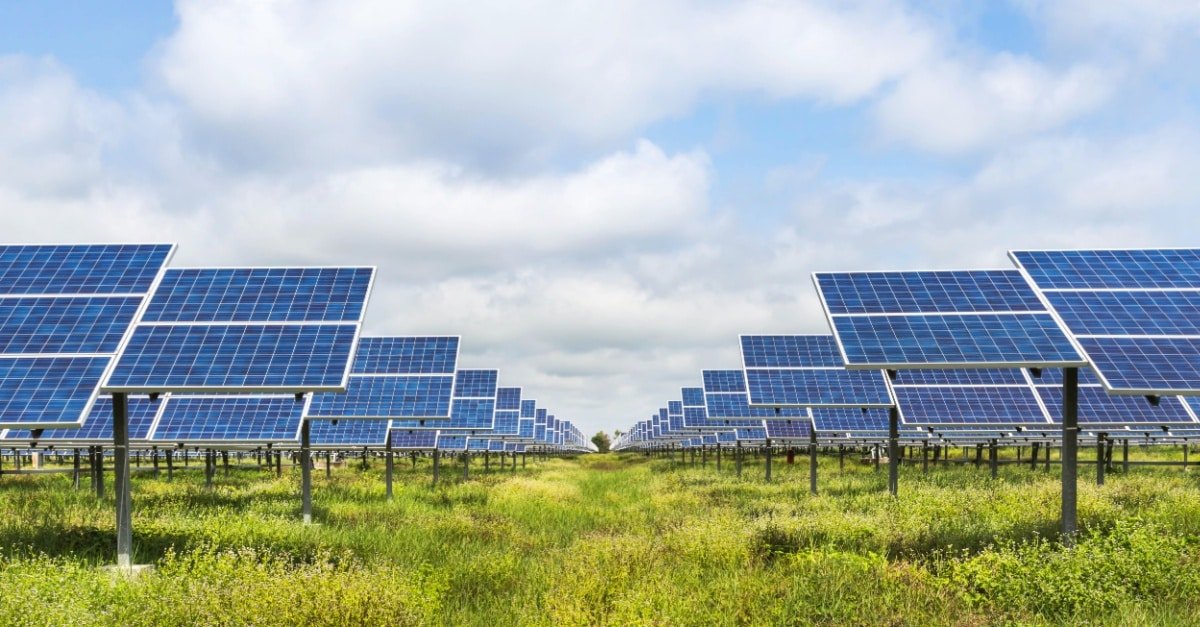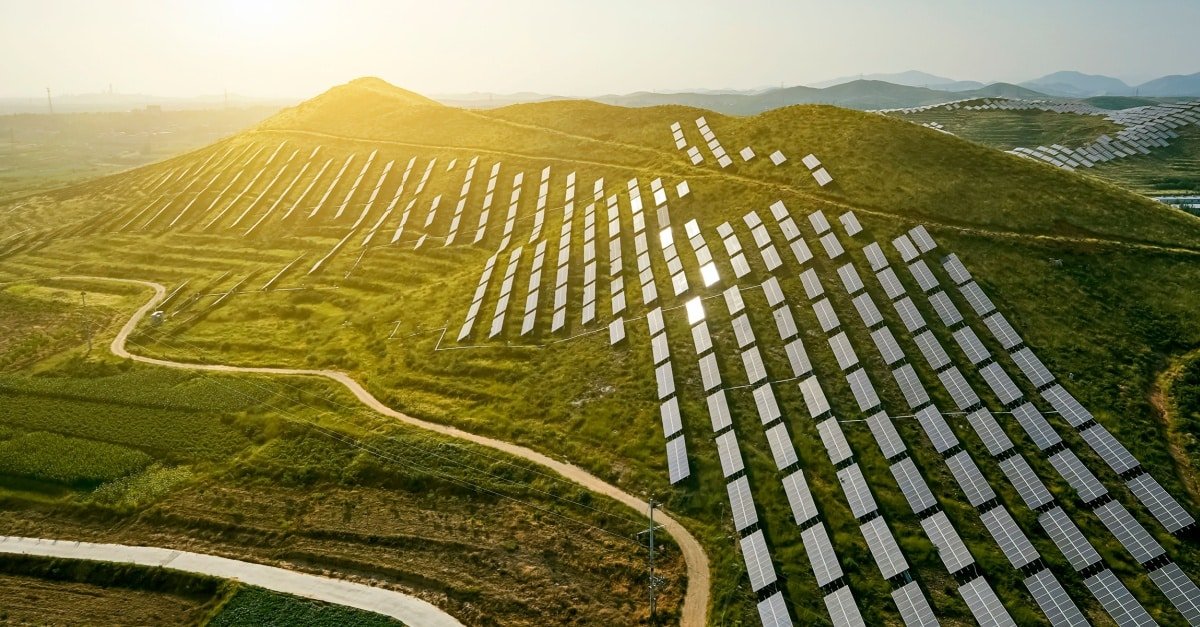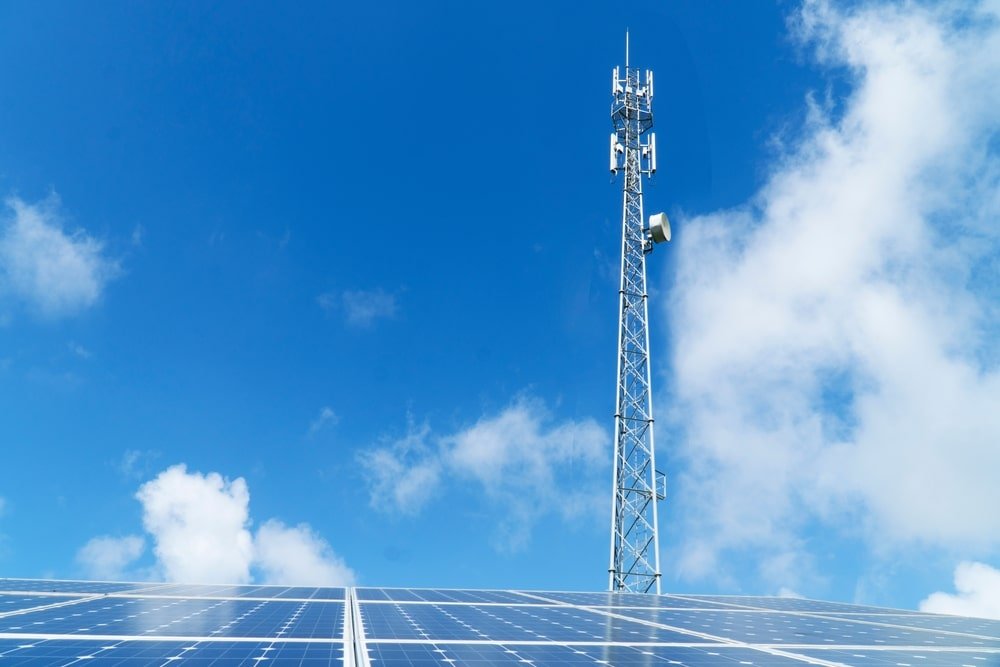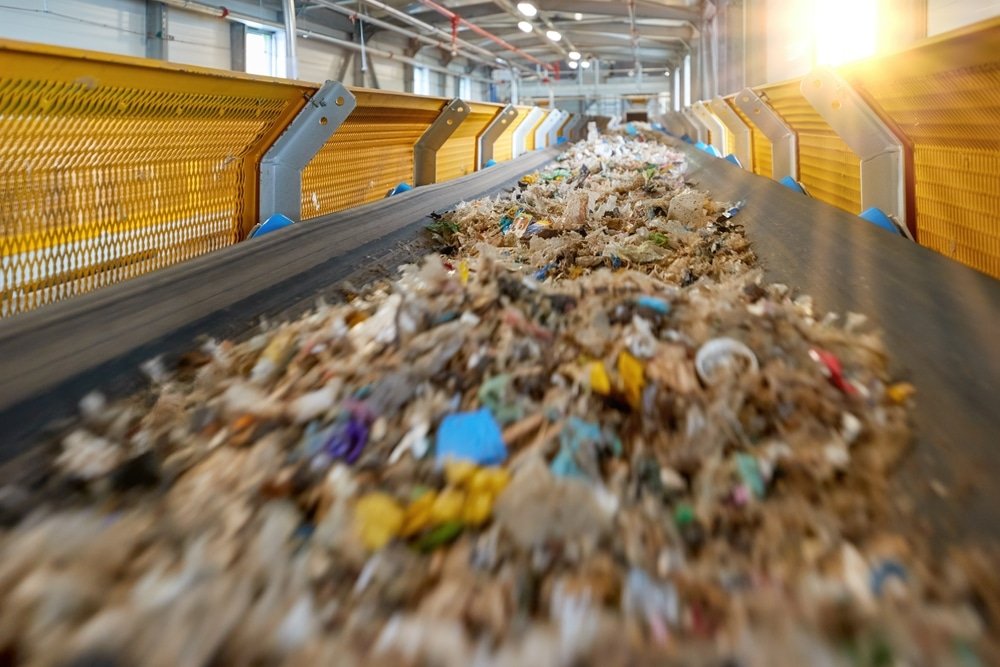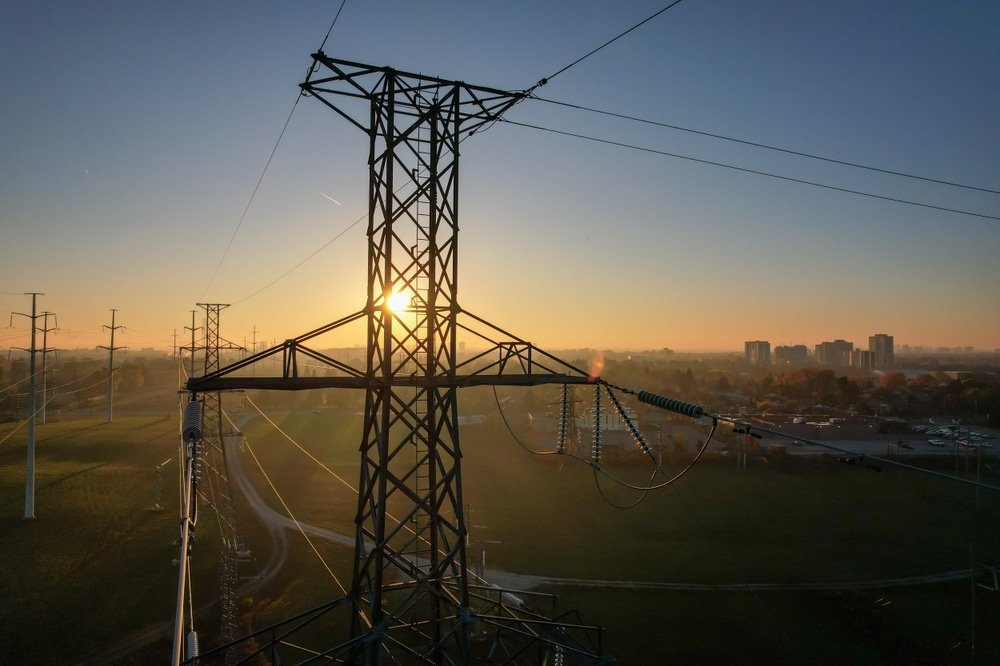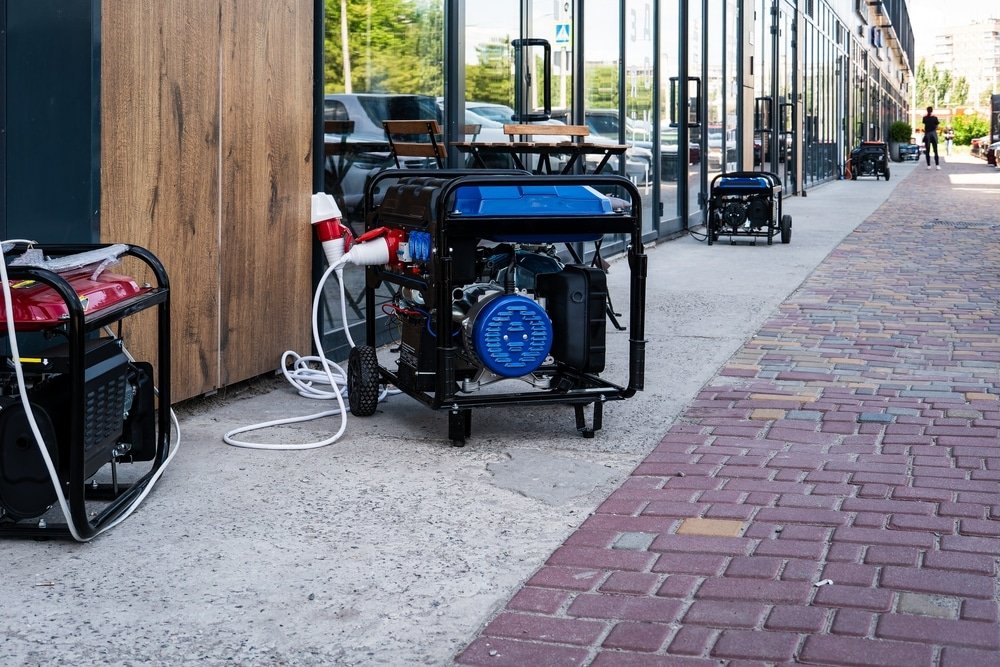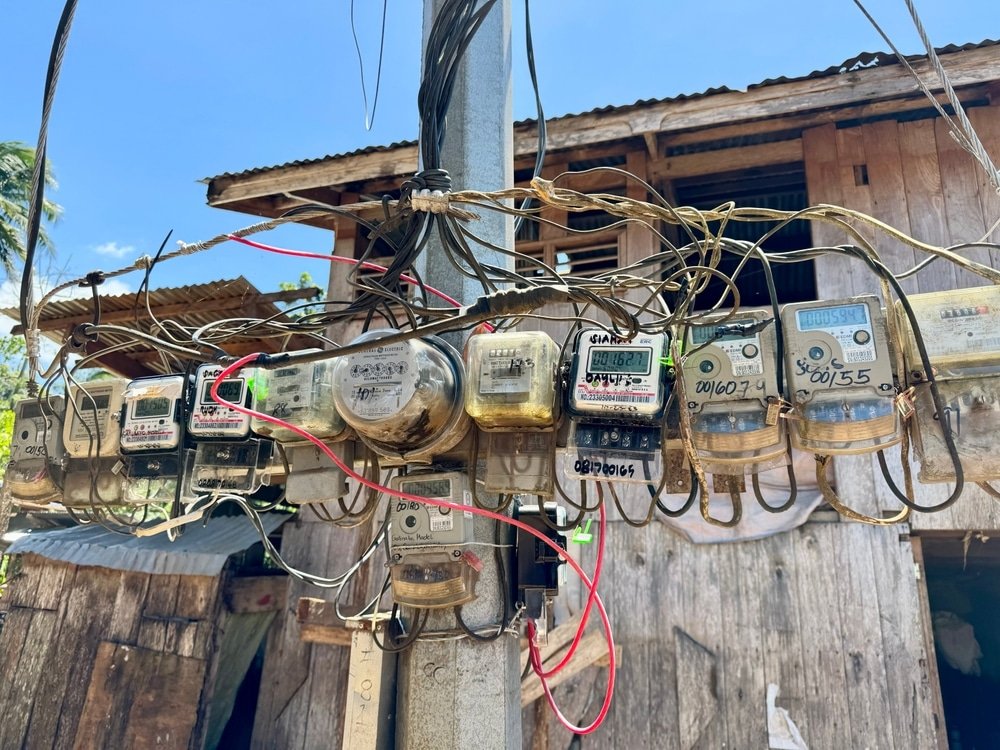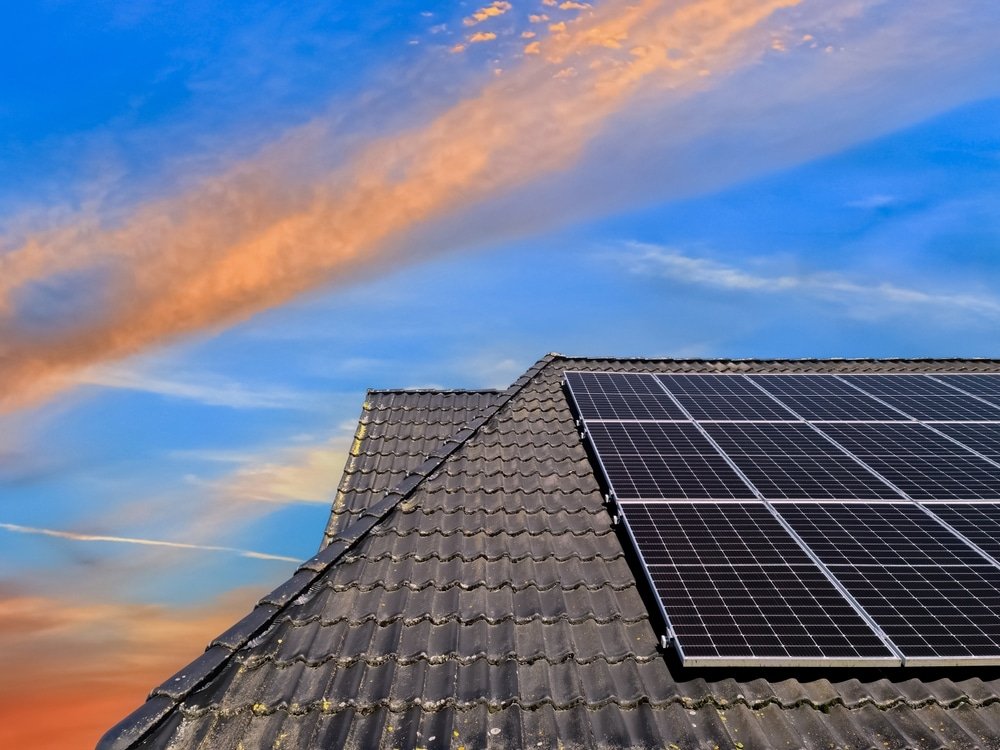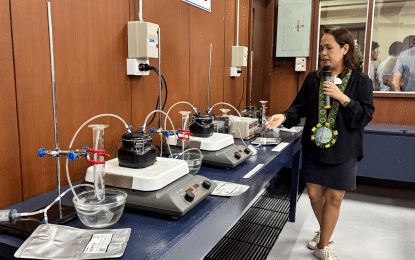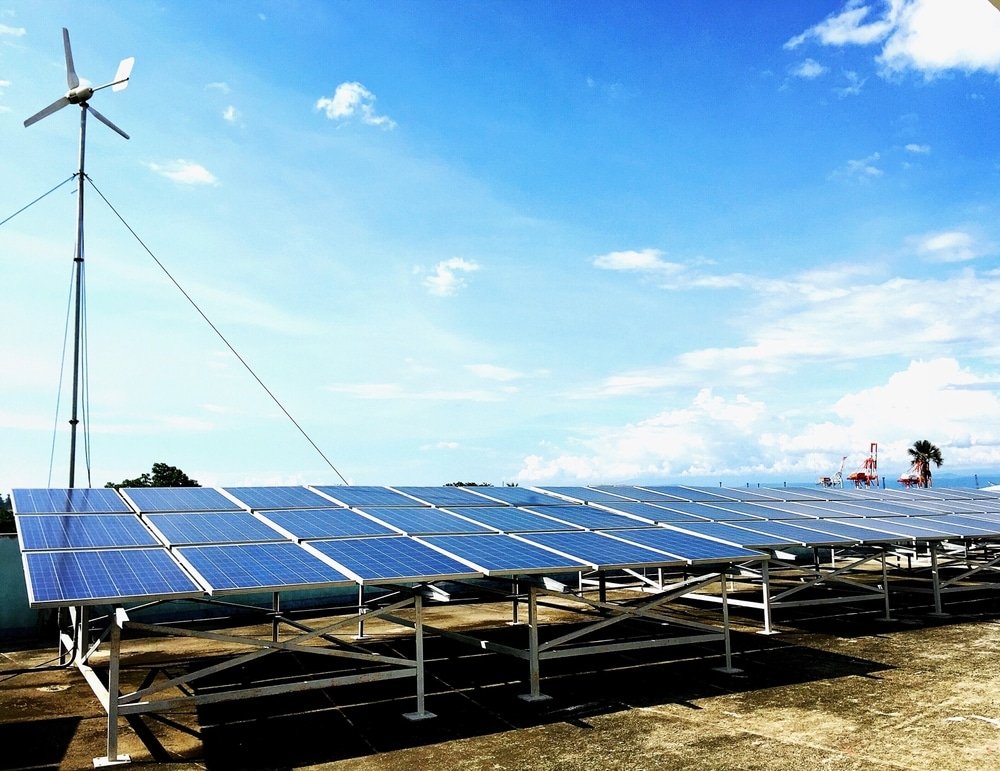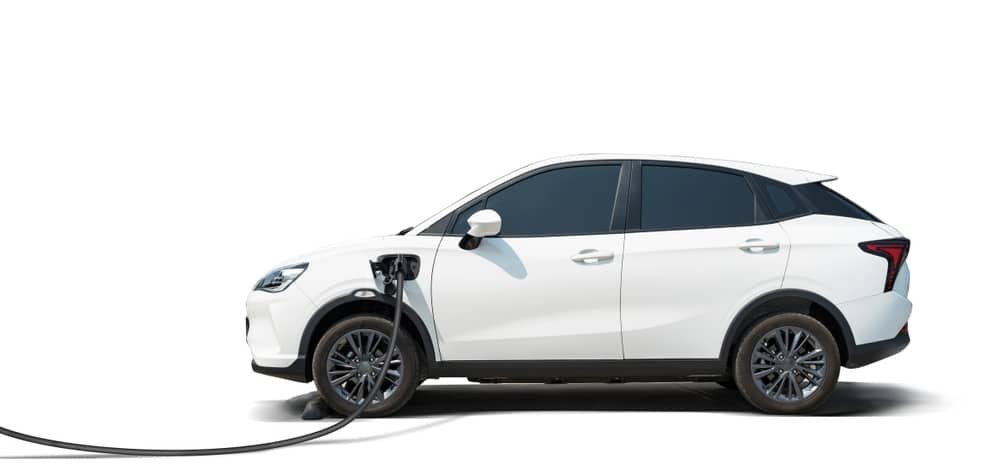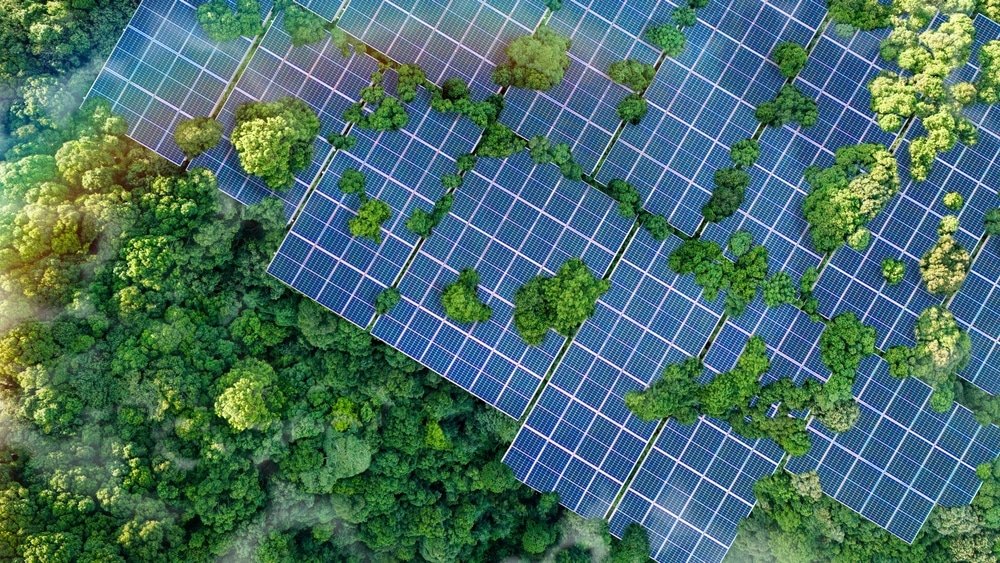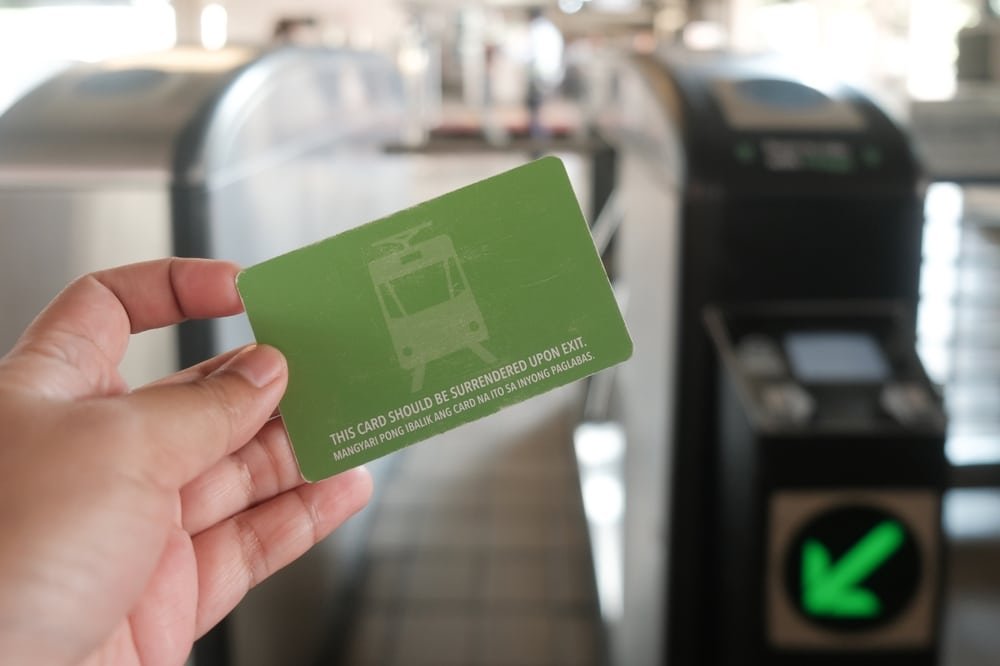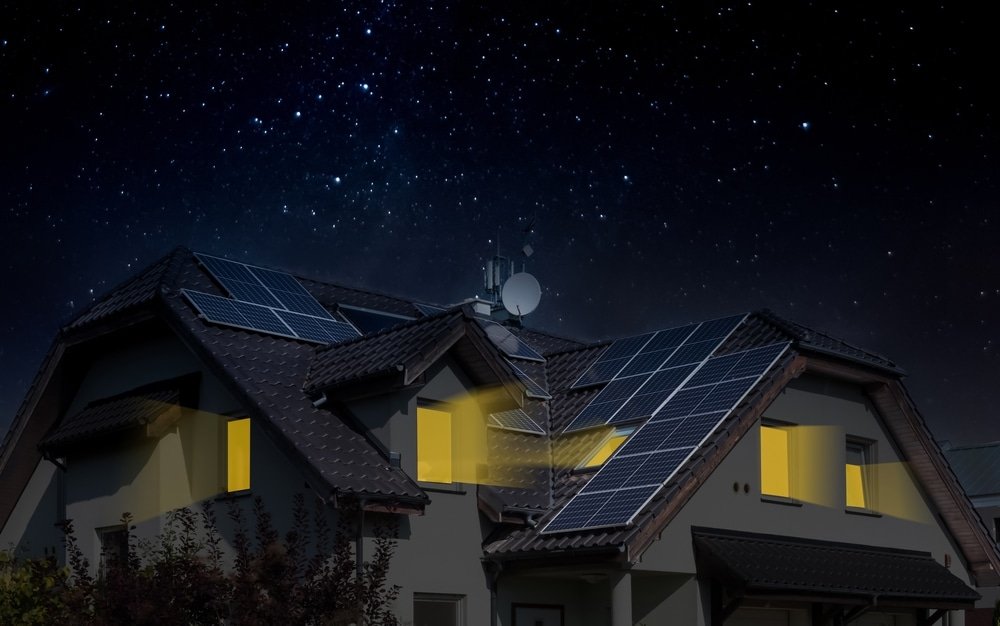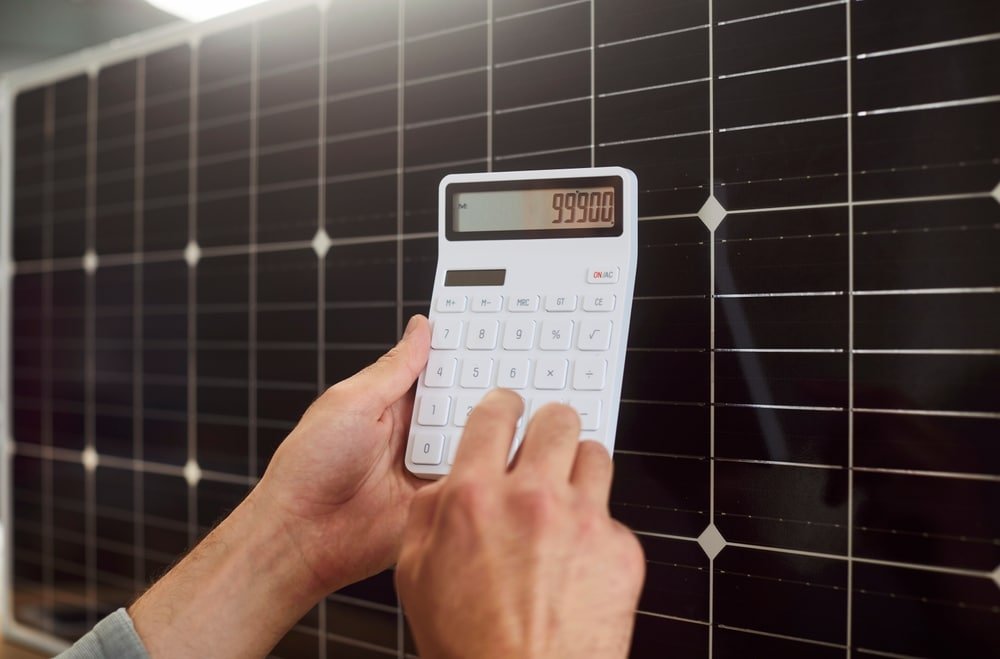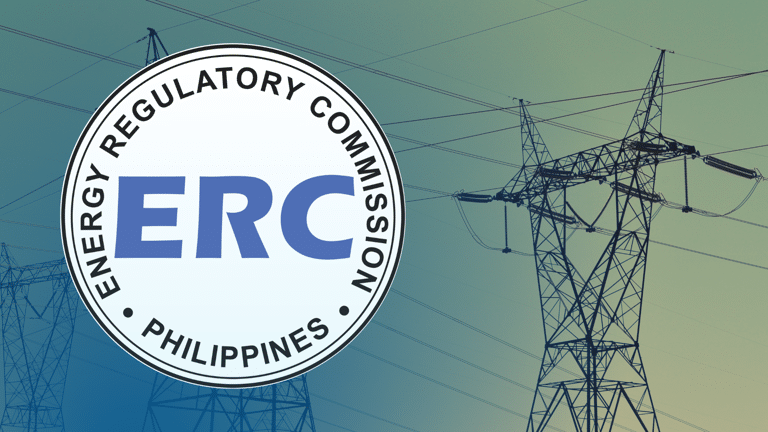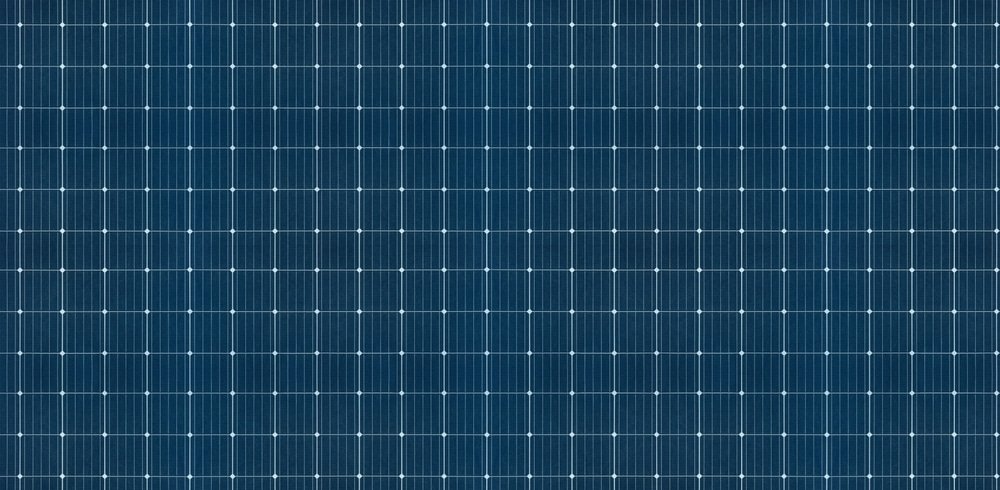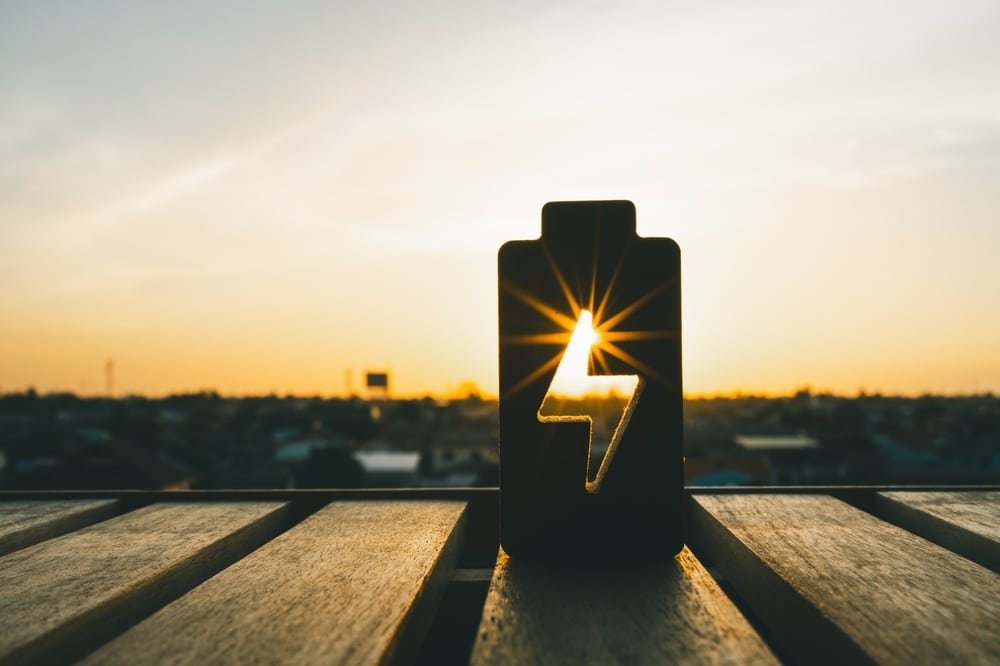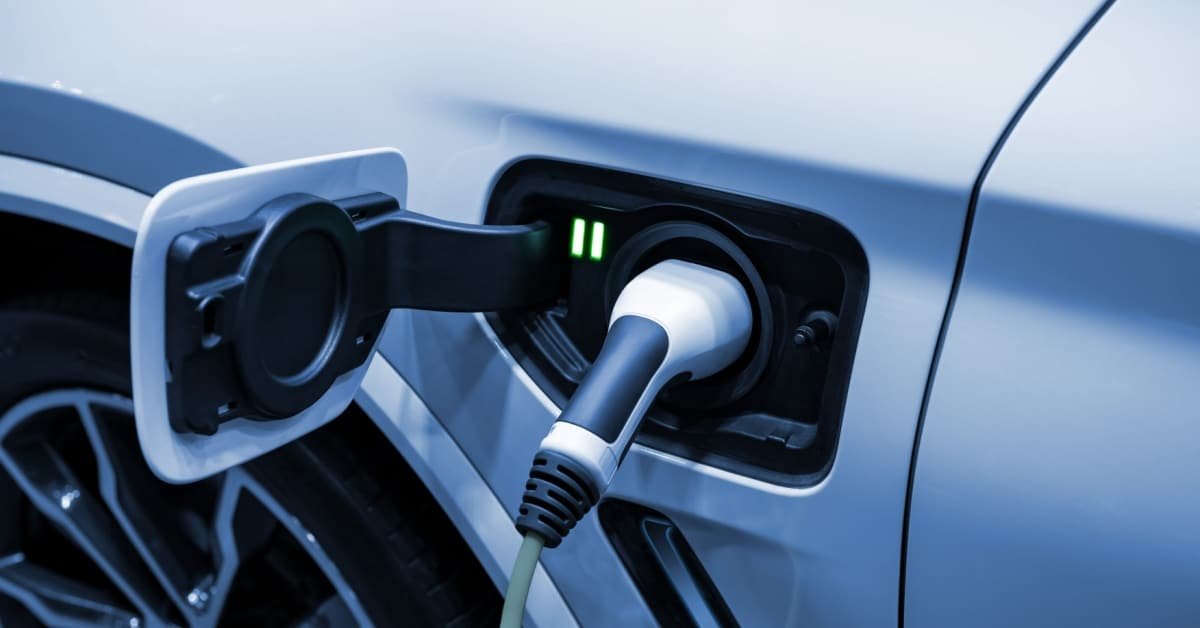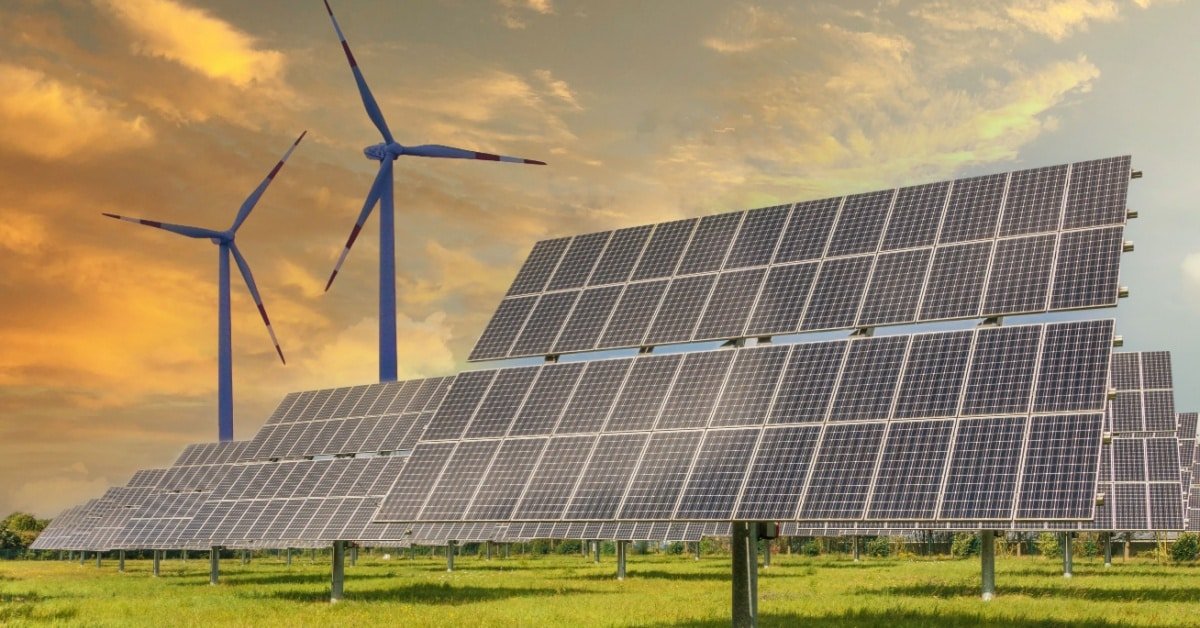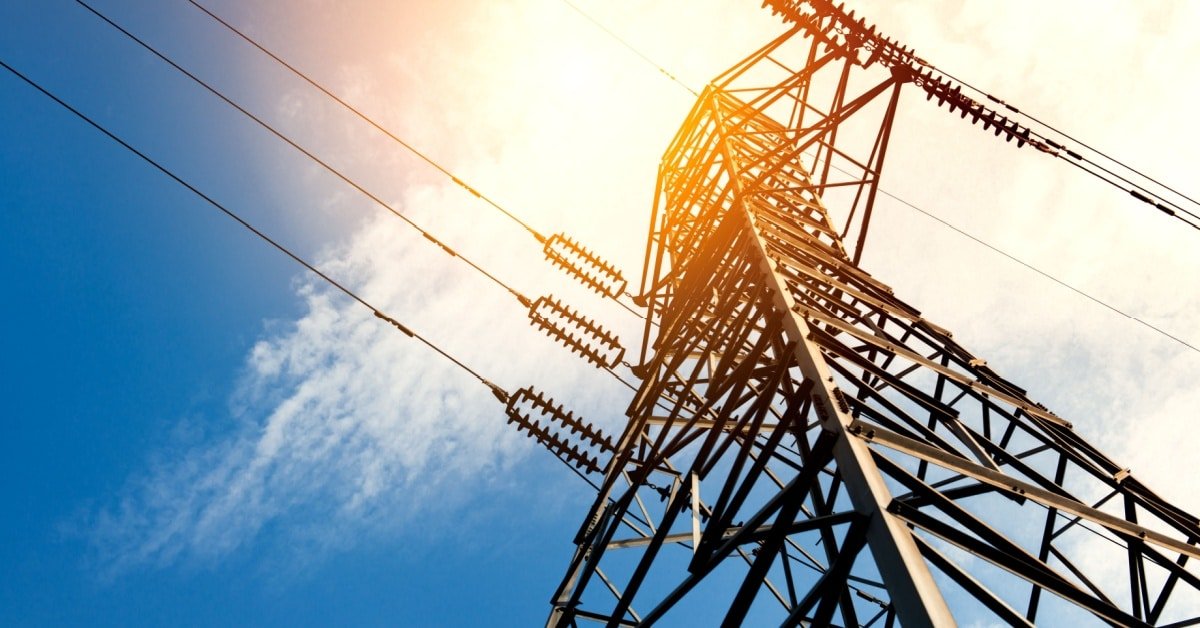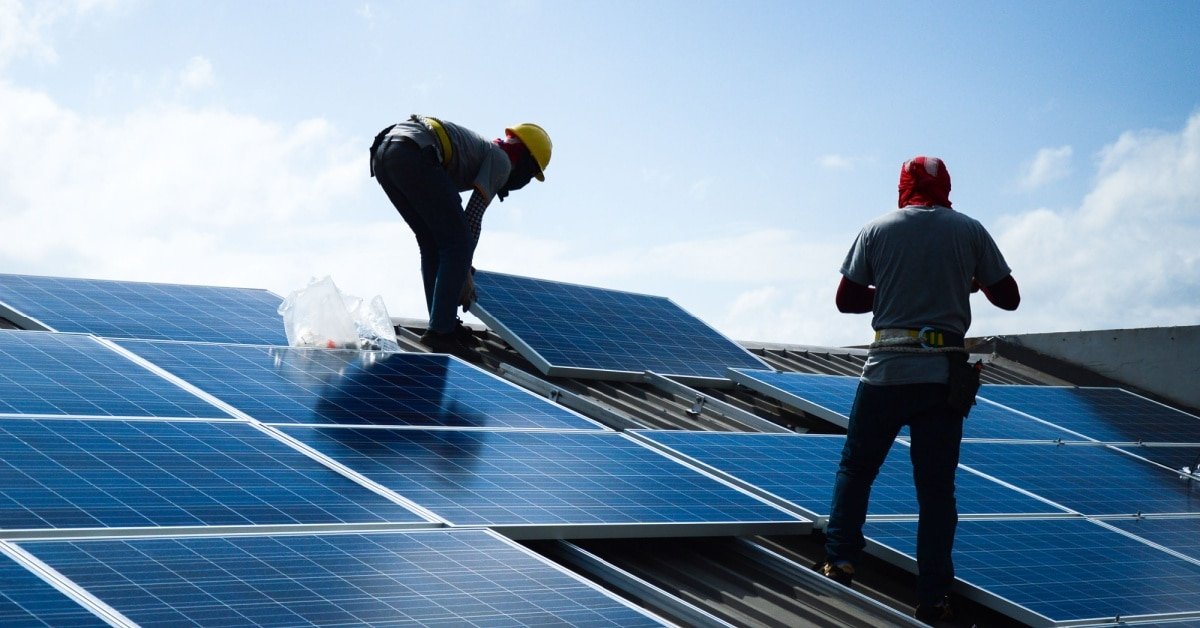
Once an alternative energy source, solar power is now becoming more and more popular, especially for homeowners. “Sustainability” and “reducing carbon emissions” are now more than just catch phrases. They’re now imperatives in a world being seized by the very real effects of global warming.
And what can be more sustainable than the sun, that big ball of energy that holds our solar system together and gives our planet life?
Some modern homes are now powered by solar energy through solar panels, which harness energy directly from the sun’s rays and convert them into electric energy. It can help you lower your monthly electrical bills and save the planet at the same time.
But before making that big switch to solar power, you should do your proper research first. Let’s go over some of the most important pros and cons of using solar panels for your home.
PROs
Infinite power source
The sun is billions of years old and will stay up there long after we’re gone. It’s not a finite resource like oil or other fossil fuels. If we want to contribute to a more sustainable lifestyle, then using solar energy is an effective way to do so. This also means that even if the entire world converted to solar energy, we’ll never use up all the heat from the sun. We’ll always have solar energy for as long as the sun rises in the morning.
Energy independence
Whether you’re using solar power as a standalone energy source or as a backup system while you’re still connected to the power grid, having solar panels means you won’t be as reliant on power distribution companies anymore. As long as you’ve stored up enough kilowatts from your solar panels, you can survive long power outages or even turn off your connection to the grid if you want to cut your electric bills.
Low everyday costs
You’ll enjoy lower charges by either relying solely on solar energy, thereby eliminating monthly electric bills altogether, or through “net metering,” which deducts the excess solar energy you’ve stored from your next electric bill. Solar panels also require little to no maintenance, which means you don’t have to incur additional maintenance costs.
You’ll help save the environment
Harnessing power from solar panels involve no carbon emissions, so you’re reducing your carbon footprint significantly. Now, imagine if more people used solar power. Maybe it’s not too late to slow down climate change!
CONs
Higher initial cost
Harnessing solar energy to power your homes involve advanced and therefore expensive technology. The cost of solar panels, including installation, is typically over Php 100,000. So if you decide to go solar, then you should consider it as a huge investment.
Space issues
Solar panels need to be installed in a wide-open space where sunlight is not blocked. So solar energy may not be ideal or may not work as effectively for homes with smaller roof spaces or for condo units that have space limitations in their buildings.
Weather dependence
Sunlight needs to be always accessible for solar panels to be effective. For extremely cloudy or rainy days, solar panels may not be able to harness the energy that your home requires.
Relatively lower power generation efficiency
Most solar panels available in the market have an electric generation efficiency of 17% to 20%, compared to the 40% efficiency of traditional power generation you get from public utility suppliers. This means that you may be getting 20% more power generation from Meralco or other suppliers.
The bottom line
Commercial solar panels are still considered new technology compared to conventional power suppliers. Embracing novelty requires an innovative spirit and the willingness to deal with some disadvantages knowing that you’ll enjoy some new benefits. Ultimately it is up to you to discern which factors are most important to you.
Making an informed decision means striking that perfect balance of both the good and the not-so-convenient. Solar power used to be the future, but is very much part of our “now”. Consider this when making a decision that can impact the future – both yours and of the world you’re a part of.



